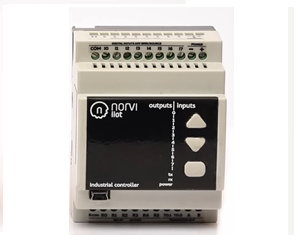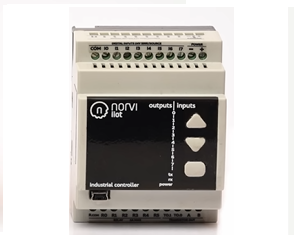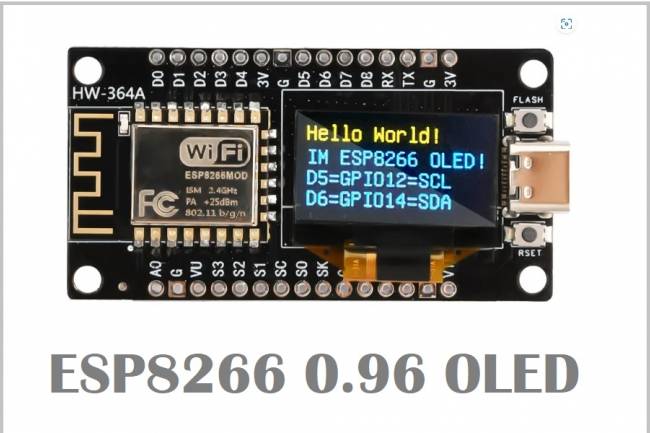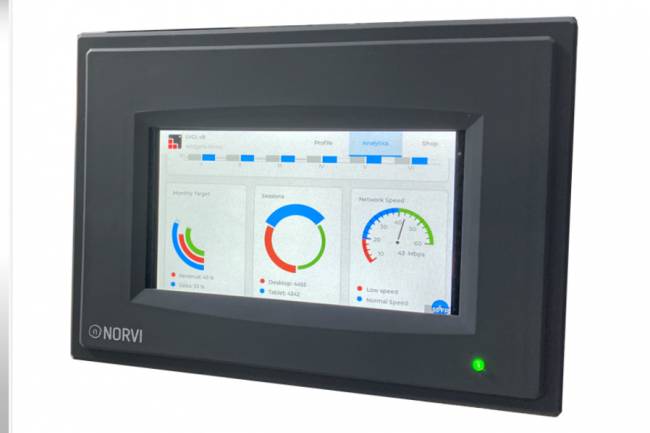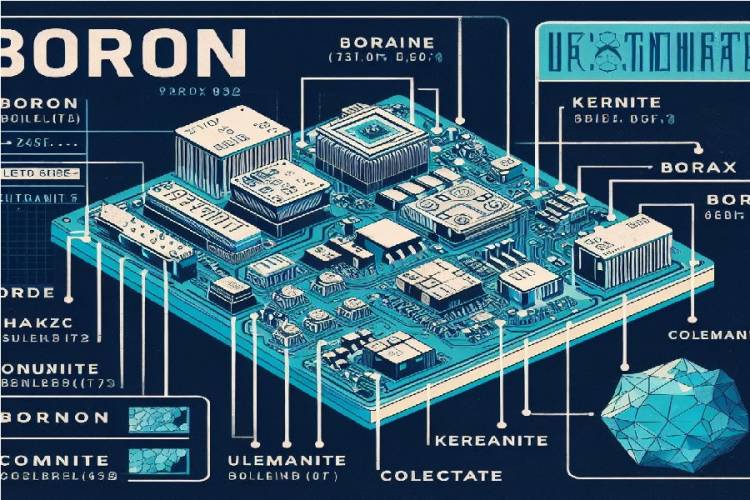
The Importance of Boron Minerals in the Electronic World
As electronic technology advances rapidly, the role of semiconductor materials becomes increasingly critical. Boron minerals are of great importance in various applications in the electronics industry.
Overview of Boron Minerals
Boron minerals occur in nature in a number of forms, such as borax (sodium borate), ulexite (calcium borate) and colemanite (calcium borate). These minerals contain different compounds of the boron element and have semiconductor properties. Semiconductors are materials that can conduct electric current more efficiently than semiconductor or insulator materials.
Electronic Applications of Boron Minerals
1. Semiconductor Manufacturing: Boron minerals play a key role in the semiconductor industry. In particular, boron compounds are widely used in the production of semiconductor materials. Materials such as boron silicon carbide (SiC) and boron gallium nitride (GaN) are used in the production of high-performance semiconductor devices. These materials increase the energy efficiency of semiconductor devices and enable them to operate faster.
2. High Temperature Applications: Boron compounds play an important role in the production of semiconductors with high temperature resistance. Boron materials are an excellent option for devices that can operate smoothly at high temperatures. This feature provides a great advantage in the aviation, space and defense sectors.
3. Power Electronics: Boron minerals find wide use in the field of power electronics. In particular, boron compounds play a critical role in the production of high-voltage devices. This is extremely important for energy conversion and transmission.
Advantages Provided by Boron Minerals
Boron minerals offer various advantages in the field of electronics. These include:
High Temperature Resistance: Boron materials offer the ability to remain stable in high temperature conditions, which is a great advantage in industrial applications.
High Electrical Conductivity: Boron minerals enable semiconductor materials to conduct electric current more efficiently.
Energy Efficiency: Boron semiconductors can be used to increase energy efficiency and contribute to the development of electronic devices that consume less energy.
High Frequency Use: Boron minerals are suitable for devices operating at high frequency and are used in areas such as wireless communication technologies.
Boron minerals make an important contribution to the development of electronic technology. Their use in the production of semiconductor materials, devices with high temperature resistance and power electronics applications increases the performance of electronic devices. Boron minerals may continue to play a larger role in the future of the electronics industry.













